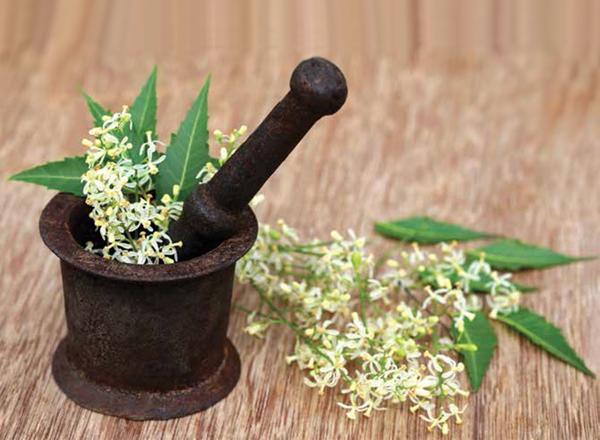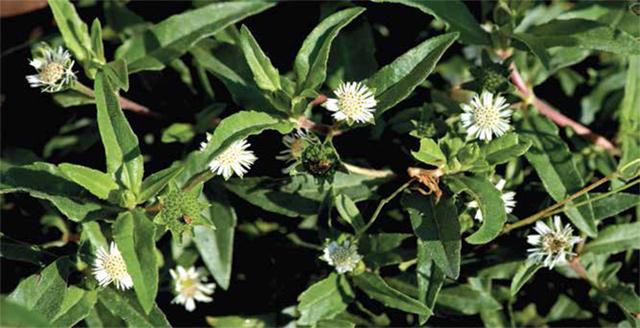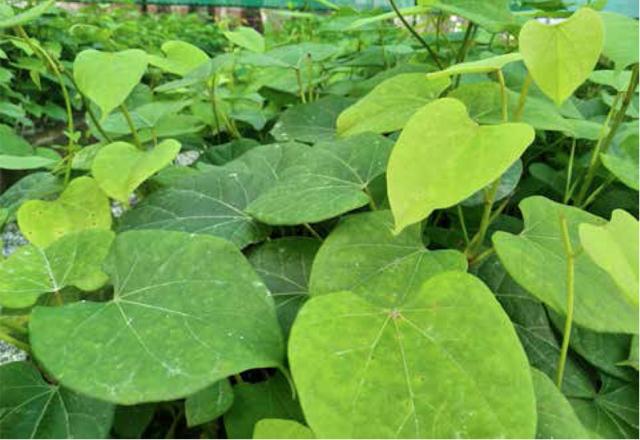You are here
Nostalgic neem
By Sheela Sheth - Jun 30,2019 - Last updated at Jun 30,2019

Photo courtesy of Family Flavours magazinew
Neem is a traditional medicinal plant and is India’s best-kept secret for centuries!
Magical avenue
The magic of the neem tree remains concealed in its evergreen and everlasting universal property.
My journey through the Indian sub-continent and North Africa takes me back to the avenue of Margosa trees catering to the world of traditional medicine and shade to travellers.
A prominent street is named after it in my hometown Bangalore, which remains a legendary icon of the city.
Saplings of neem trees were planted in tropical countries due to its resilient all-weather property and its medicinal value.
Health haven
The plant contains an extraordinary amount of amino acids, vitamins and minerals which enhance the healing process. Neem has been extensively used in recent times as it exhibits a wide array of biologically active compounds.
All parts of the neem tree, starting from leaves to bark, have been traditionally used for the treatment of inflammation, infections, skin conditions and dental disorders. Neem twigs are popularly used for brushing teeth as it works as an antibacterial and anti-inflammatory wonder to avoid bleeding gum; it is good for oral hygiene and whitens teeth.
The active ingredients from the bark, leaves, seeds and flowers are extracted for their proven antiseptic, antipyretic, analgesic, contraceptive and anti-cancerous property.
Neem extracts have been widely used for making mosquito repellents and insecticides for pest control in agriculture and for treating mosquito nets in recent times.
The alcoholic extract of the leaves has proved to be an effective contraceptive.
Cosmetic applications
In the world of cosmetics, neem flowers are generously used as moisturisers. The flowers have a sweet, almost mystical jasmine-like scent at night and blossom once in the afternoon and then again in the evening.
The robust bitter property of the leaves has proven to be a very active ingredient for most cosmetic products. Some of the popular concoctions with coconut oil are used for treating acne, blackheads, dandruff and for healing wounds.
Its antibacterial property works wonders for treating infections, burns and all kinds of dermatological conditions. It is known to stimulate the immune system and encourage rapid healing.
The paste of crushed neem leaves combined with turmeric acts actively for itching, eczema, ringworms and dark spots. Neem face masks, soaps, oils and capsules are popularly sold in organic health outlets across the world.
Culinary contribution
Neem flowers are specially used in south Indian recipes in dried and powdered form for curries.
The fresh white flowers in a green salad enhance the flavour and give colour to recipes. Some of the best recipes at home are chutneys, tamarind-tomato stew, yoghurt raita and aromatic rice.
Tea infused with neem flowers makes a favourite drink after dinner as it has a calming property.
Recipe for relief
Winter itch: Neem oil baths.
Bleeding gums: Neem flowers are popularly used to garnish salads and curries. A couple of leaves chewed daily could help bleeding gums.
Thinning hair: A weekly neem oil scalp massage could strengthen hair and serve as a natural hair conditioner, preventing split ends and dandruff.
Reprinted with permission from Family Flavours magazine
Related Articles
The False Daisy is a magical herb which looks like the white daisy. It is from the sunflower family with tapering lance-shaped leaves o
This heart-leaved moonseed is herbaceous tropical vine that grows on trees and is native toIndia, Myanmar, Sri Lanka, China, Australia
Native to Madagascar, the Leaf of Life love-bush symbolises the regenerative power of life with its green fleshy appearance.


















